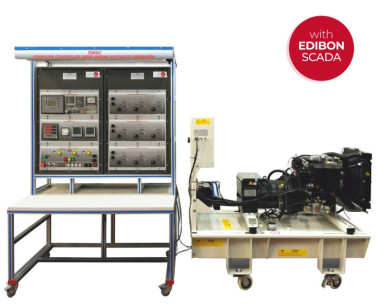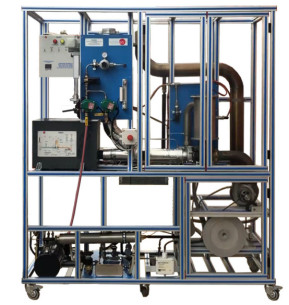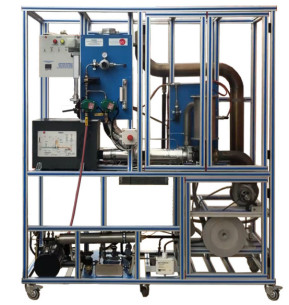FOR FURTHER INFORMATION, CONTACT US
5.4.- CONVENTIONAL ENERGIES
Conventional or non-renewable energies are all those energies that are found in nature in a limited way. Two types of conventional energies can be distinguished: fossil fuels and nuclear fuels. Coal, oil and naturalgas are fossil fuels. They come from biomass formed millions of years ago, which acquired energy properties due to certain pressure and temperature conditions. The advantages of fossil fuels are that they are easy to extract, highly available throughout time and relatively inexpensive. Their problems are the emissions of polluting gases in the atmosphere and their finitude. On the other hand, nuclear fuels are uranium and plutonium. Their advantages are their...
View moreThese energies are mainly used for the production of electrical power. Thanks to the power production plants, conventional energies are used to burn these fuels to generate heat and, then, use it to produce electrical power. Boilers or combustion chambers are normally used to burn the fuel and generate steam or heat a gas. In this phase, the steam or high temperature gas passes through one or more turbines that generate work. In turn, these turbines are connected to an electric generator whose purpose is to produce electrical power.
Despite their great importance in electrical systems, the problem of conventional energies is that they are limited and deteriorate the environment, gradually causing global warming. That is why governments have established policies to combat climate change. This is the case of the 'Kyoto Protocol', in which the participating countries committed to reducing their regulated gas emissions thatcause the greenhouse effect up to 5% by 2012.
View Products Cookie preferences
Cookie preferences



